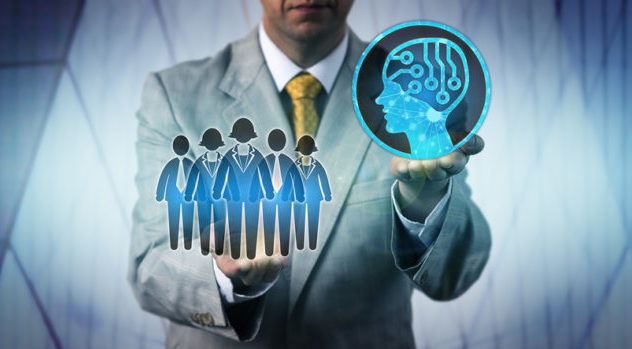New research from HR, payroll, and recruitment platform Employment Hero reveals that while nearly half of HR professionals across ANZ worry about AI taking their jobs, 76 per cent believe that the technology can help them save time and make their job easier, while 66 per cent expressed excitement as to how AI will transform the role of HR.
Employment Hero’s SuperHuman: AI adoption shaping the future of HR Report also found that over 86 per cent of HR operations are already actively using AI-powered software in the workplace, mostly for analytics, generative AI, and to utilise algorithms and machine learning to match employees to roles and monitor compliance.
The research notes that 40 per cent of HR leaders today are leaning into AI’s capabilities to identify and report on employee data trends that can be used for efficient onboarding and retention activities, alongside other crucial internal workforce gauges such as employee happiness, absence or disengagement, as well as performance and ROI.
It also found that 39 per cent of HR leaders use AI to help them write content such as job descriptions and employment updates though they are not as accustomed to openly using AI tools to personalise programs based on employee factors (29 per cent) and optimise compensation and benefits packages (28 per cent).
Looking ahead, 72 per cent of HR professionals predict that the use of AI in their role or HR function will increase in the future, with most expecting it to take a paced approach. Training and development were identified as the areas where AI will have the most significant impact (34 per cent), followed by employee analytics (32 per cent) and employee self-service (29 per cent). On the other hand, employee offboarding (12 per cent), reward and recognition (14 per cent), and remuneration and benefits (16 per cent) were seen as the least affected areas of HR.
The report also found that business size and age play a factor in their awareness of how AI has progressed. HR professionals in smaller organisations (under 50 employees) were 199 per cent more likely not to know whether the software they use leverages AI. This knowledge gap also existed among older HR leaders, with 21 per cent of over 45-year-olds stating that the software they work with doesn’t use AI and 10 per cent unsure.
“The data from our latest study represents the HR industry in the midst of a transformation due to the influence of AI technology,” Dave Tong, Co-Founder, CTO, and Head of Product at Employment Hero said. “Instead of their jobs being at risk, HR professionals are being given the tools and time to be more strategic in workforce planning and employee care. Through AI integration, they are crafting what their roles will look like in the future, shifting from more admin-heavy work to a strategic people and culture focus. While professionals are happy to let AI enhance their understanding of data or generate content for them, they’re less likely to lean on AI to help them recognise or reward their staff, instead relying on a more personal and individual understanding of performance to lead these discussions.
“Interestingly, we found that most HR professionals believe there will be a paced approach to the increasing use of AI in their roles,” Tong added. “This could reflect how they’d like to see AI rolled out so they have time to learn and adapt as these new tools are introduced. These findings showcase how HR leaders today see AI tools helping employees become self-sufficient when advancing their careers and giving managers an easier way to check in and analyse progress and performance.”















